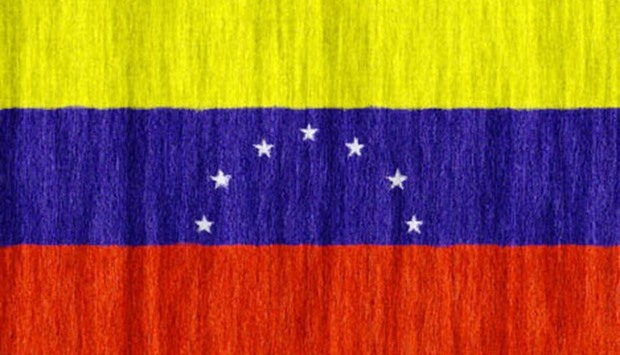Venezuela’s democratic institutions and human rights situation have undergone “marked deterioration” over the past two years, a regional human rights body warned in a report documenting abuses under President Nicolas Maduro.
The Inter-American Human Rights Commission said there were “serious obstacles” to political participation, increased repression and censorship, rising crime and insecurity and intensifying poverty.
While those trends have been evident since the commission first reported on Venezuela in 2009, it said they have intensified under Maduro.
“The decision to produce this report stems from the marked deterioration in the country with respect to the exercise of human rights, and the grave political, economic, and social crisis in Venezuela over the past two years and, especially, in 2017.”
The commission is an autonomous body of the Organisation of American States.
It cited the absence of separation of powers as a fundamental failing, with the executive and the courts intervening to prevent a democratically elected national assembly from exercising its constitutional powers.
Maduro, with the backing of the Supreme Court, neutralised the opposition-controlled National Assembly last year by creating a new constituent assembly filled with loyalists.
The commission called on the government “to restore constitutional order, and guarantee separation of powers and appropriate exercise of the constitutionally established functions” of the National Assembly.
It also said the exercise of fundamental political rights had been “severely curtailed,” citing the suspension of presidential recall referendum, delays in municipal and regional elections and “serious recent allegations of unfair advantages and fraud” in October 2017 gubernatorial elections.
The commission also sharply criticised the government’s use of repressive measures to put down anti-government protests, including “excessive direct use of firearms against demonstrators, along with indiscriminate use of tear gas.”
More than 100 people were killed and thousands detained in protests between April and July of last year.
“The IACHR finds the number of persons killed or detained in connection with arbitrary operations to suppress them unacceptable. Thousands have been detained for taking part in public demonstrations,” the report said.
It expressed concern over reports that dozens of those detained in demonstrations were being tried or sentenced in military courts.
The report also detailed cases of sexual violence, censorships, personal insecurity, limits on political rights, food shortage, malnutrition and inadequate health service — all amid hyperinflation and high levels of corruption and impunity.
Meanwhile, Brazil said it will not block Venezuelans from entering the country through the border in the northern state of Roraima, but has launched a task force to organise the flow and provide resources for cities and states dealing with the refugees.
Thousands of Venezuelans escaping hunger in the Andean country have crossed the border with Brazil in recent months, causing a humanitarian emergency in the city of Boa Vista, Roraima’s capital.
The local government said they already represent 10% of the population, or around 40,000 people, stressing public services.

